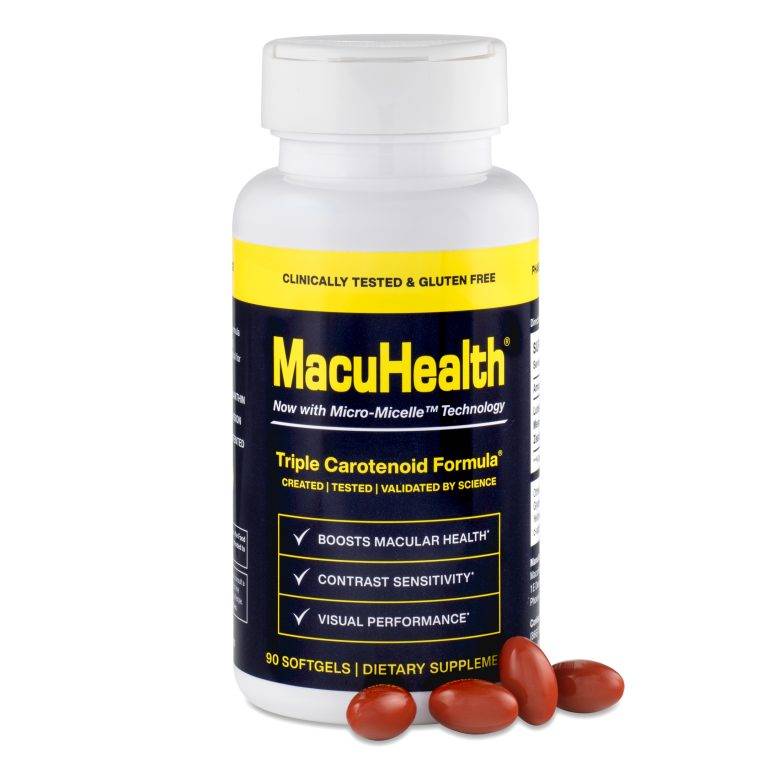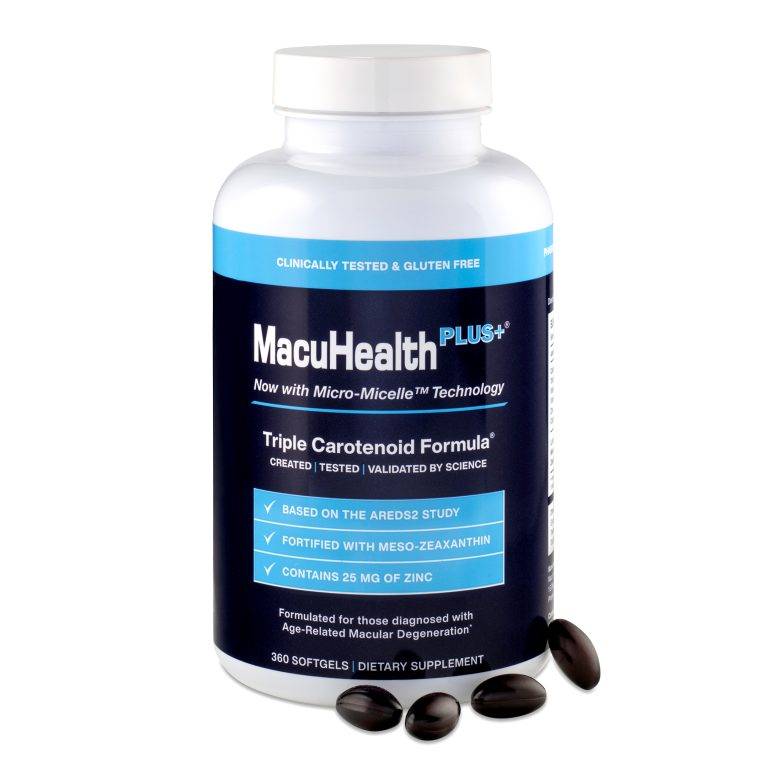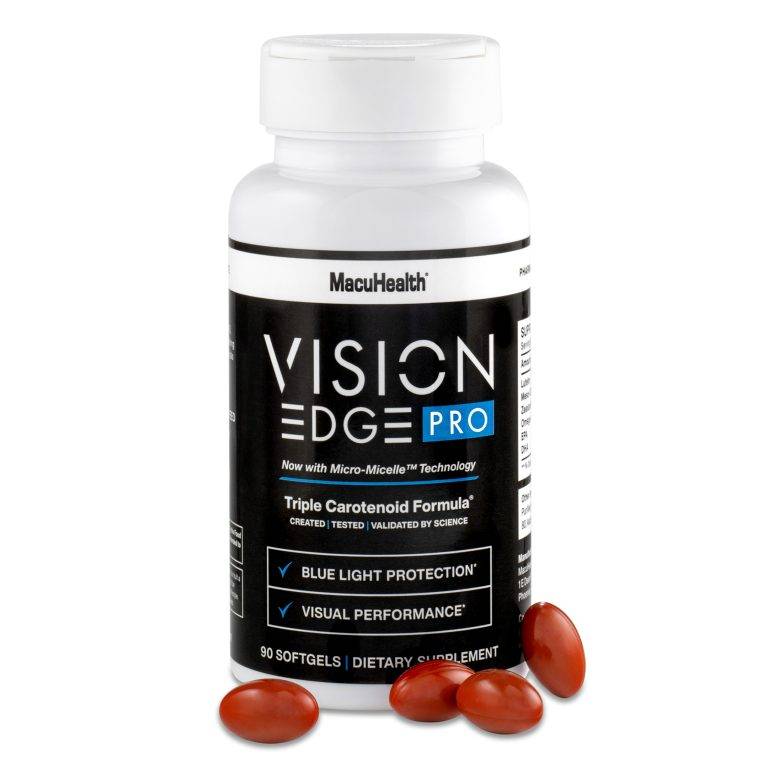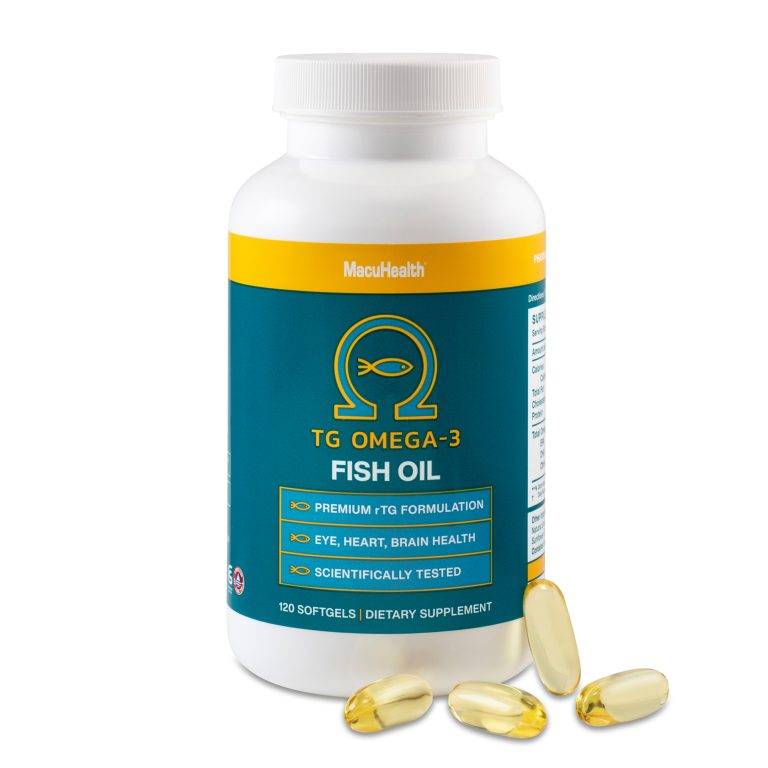SUBSCRIBE AND SAVE! | SIGN ME UP!

Written by MacuHealth
Reviewed by Jim Stringham, Ph.D.
Nutritional supplements are notoriously unregulated. This allows companies to make false claims about their products and put inactive ingredients in their formulations. As bad as this may sound, it has happened.
So, who can you trust? The most effective way to evaluate any product claims is to examine the science (if any) conducted on it. Some companies may conduct in-house scientific testing and often advertise their “findings” on their website or social media. Yet, the most trusted and respected form of science is called peer-reviewed.
But what does being peer-reviewed mean to patients? We’ll define what the term means and review what research must undergo to achieve this status.
In a nutshell, a peer-reviewed journal is what the name suggests: a publication featuring scientific investigations analyzed by at least two other independent researchers (peers) in the same area of study. More specifically, the peer review process is a form of quality control intended to weed out poorly researched work. This helps to maintain a journal’s integrity.
But to fully understand what becoming “peer-reviewed” is, it’s essential to understand the distinction between a piece found in a widely published periodical or on social media and a peer-reviewed journal.
Before a newspaper or a magazine publishes an article, an editor checks it for readability by a large audience. Then, a fact-checker makes sure any facts the author used have not changed. Usually, the author, editor or fact-checker is not an expert in a particular field.
When a scholar sends their research for publication to a peer-reviewed journal, the editor ensures that it’s written for an audience of researchers. This means it’ll contain terms typically understood by experts. But instead of sending it to one person for a fact-check, the journal’s editor sends these findings to peers as an extra step in the publication process.
The method of being in a peer-reviewed journal can be complicated and lengthy. According to the American Psychological Association, here are the four steps of the journey:
MacuHealth embraces science, and completing the peer-review process is a significant test of scientific integrity. There are over 40 peer-reviewed publications that support the effectiveness, bioavailability, and safety of MacuHealth’s formulations. Despite the length of time it takes to be peer-reviewed, it’s vital for the protection and trust of its customers.
When researchers evaluating MacuHealth publish their studies in a peer-reviewed journal, it gives eye care professionals and patients confidence to trust its claims and realize the supplement’s health benefits. Our willingness to undergo this process sets MacuHealth apart from the competition.

Formulated by scientists and clinically proven to support eye health for both healthy and diseased eyes.

Based on the AREDS2 formula with 10 mg of Meso-Zeaxanthin and reduced levels of zinc for the ultimate defense against AMD.

Created for those wanting to protect against blue light and improve visual performance for everyday maintenance.

Sourced from small, open-water catch fish from the coast of Chile, TG Omega-3 provides customized dosing for patient specific needs.